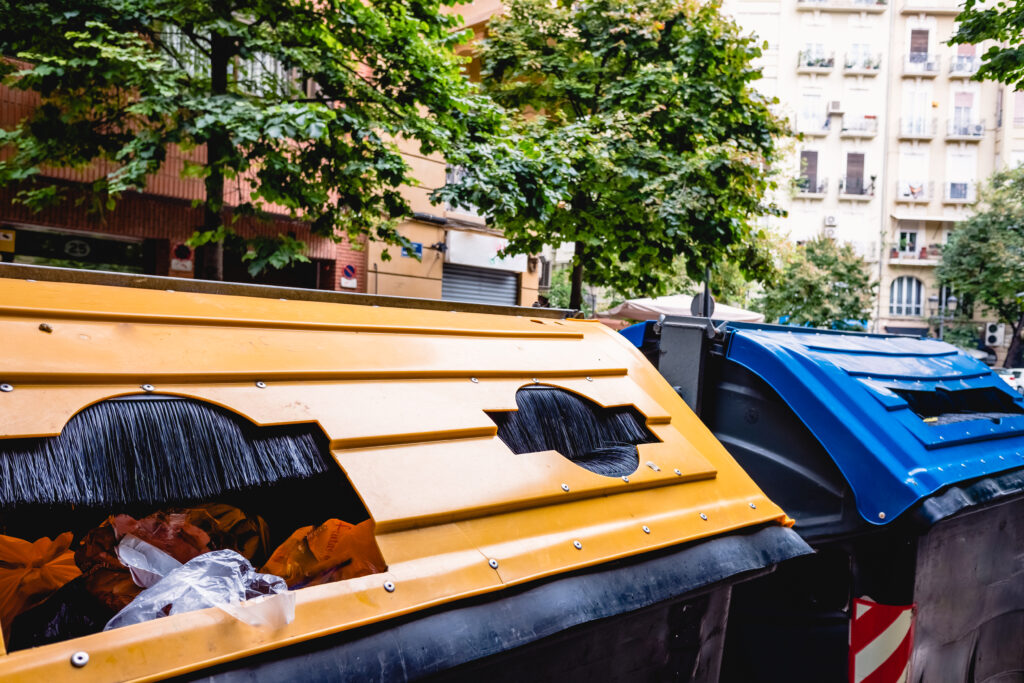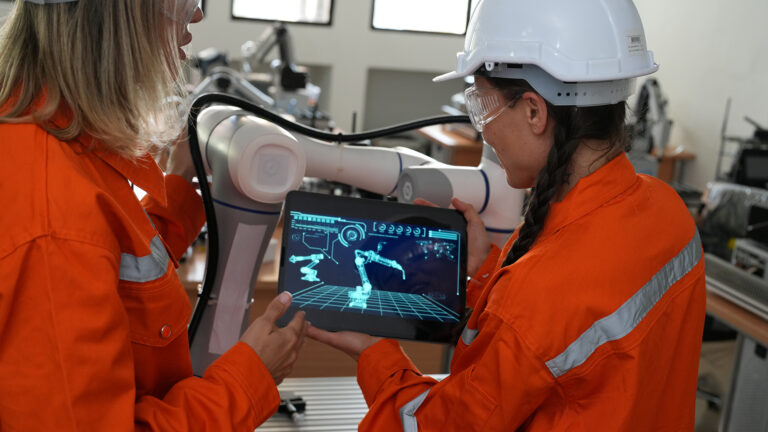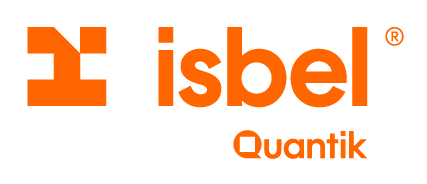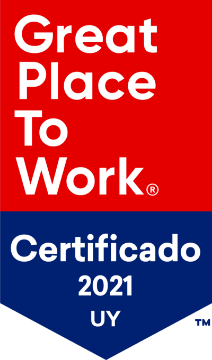Together with the Institute of Informatics (INCO) of the School of Engineering (Udelar) we will carry out an initiative to optimize the services of the Municipality of Montevideo (IM).
The project, called SIRR (Sistema Inteligente de Recoleccion de Residuos), aims to improve the management of cleaning and collection of household waste in Montevideo and will be developed over a period of ten months.
It arose from a challenge funded by the National Agency for Innovation and Research(ANII), in which our proposal was selected among more than 20 participants.
The problem
The Environmental Development Department, through the IM's Cleaning Division, is responsible for waste collection in the city. Today, the container collection system has 117 circuits with about 100 containers each, and about 230,000 tons of mixed waste are collected annually.
For the collection of mixed household waste, a theoretical position of the containers in the territory is used (based on historical data), because there is no real-time information on changes in their position, removal for maintenance, among others. This means that the collection routes of the circuits are planned and executed based on assumptions that may be far from reality.
On the other hand, the registration of container lifting is done manually, so it is necessary to digitize the information in order to process it, use it and make data-based decisions.

The challenge: an intelligent collection system for Montevideo
To address these issues, ANII's challenge was to find a solution that would provide real-time information and predictive analysis to optimize the management of solid household waste operations in the city. This initiative aims to reduce costs, improve operational efficiency, customer service, and disseminate reliable and timely information.
The expected results for the project are:
- To know in real time the level of compliance of a circuit.
- Predict the completion of the circuit (i.e., the truck is about to complete its collection route) when it has less than 50% remaining.
- Depending on the trend of the predictions, allow decisions to be made to modify the collection circuits in order to improve their execution.
The selected proposal
Among the proposals from more than 20 institutions and companies, the evaluation committee chose Isbel's proposal as "solid, modular, scalable and sustainable in the long term". It also highlighted as a strength "the joint work team between a private sector company and an academic institution".
The response to the challenge focused on installing the system's intelligence in the truck, rather than placing it in the containers (as is traditionally done). This allows the solution to be scalable and intervention in the containers to be minimal. It is also a less risky investment, as containers are often vandalized.
These data are collected through a system of sensors and software, which will be implemented during the project. Then, this information will be processed by a prediction model, which will be developed by INCO.
To carry out the project, we are looking for four technical profiles: Developer Leader, Full Stack Developer Jr., Full Stack Developer Semi Sr. and Engineering Assistant.
Some repercussions
José Luis Nunes, Product Line Manager of Internet of Things (IoT) & Smart Cities at Isbel, will lead the team and the development of the SIRR. About the opportunity, he commented: "We are proud of the team for having been selected among more than 20 companies and entities that participated in the call. We also consider ourselves privileged to contribute to a cleaner and 'smarter' Montevideo.
Regarding the project they presented, he said that it is a "totally innovative proposal in its approach to the solution", and highlighted the participation of FING "to analyze the state of the art of these solutions at the prediction level".



